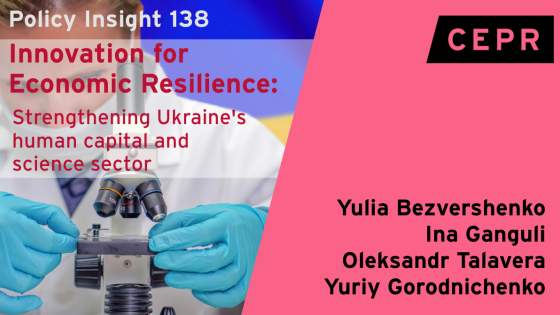DP10416 Risk and Returns to Education Over Time
We model education as an investment in human capital that, like other investments, is appropriately evaluated in a framework that accounts for risk as well as return. In contrast to dominant wage-premia approach to calculating the returns to education, but which implicitly ignores risk, we evaluate the returns by treating the value of human capital as the price of a non-tradable risky asset. We do so using a lifecycle framework that incorporates risk preferences and earnings risk, as well as a progressive income tax and social insurance system. Our baseline estimate is that a college degree provides a $440K dollar increase in annual certainty-equivalent consumption. Although significantly smaller than traditional estimates of the value of education, these returns are still large enough to offset both the direct and indirect cost of college education for a large range of plausible preference parameters. Importantly, however, we find that accounting for risk reverses the finding from the education wage-premia literature regarding the trends in the returns to education. In particular, we find that the risk-adjusted gains from college completion actually decreased rather than increased in the recent period. Overall, our results show the importance of earnings risks in assessing the value of education.


